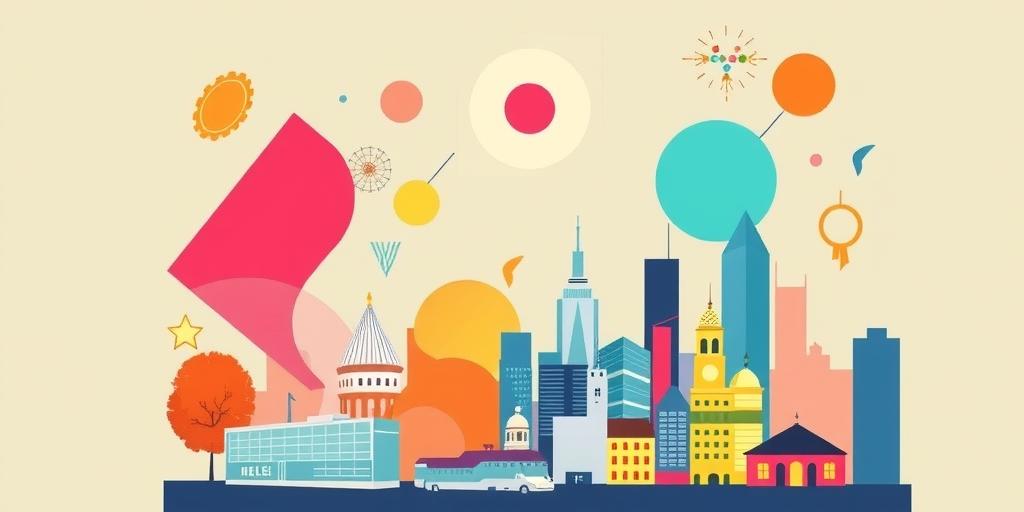Hey there, friend! Ever wondered how the arts and culture scene actually makes money? Let's be real, it's not always rainbows and unicorns. I mean, sure, there are the blockbuster museum shows and sold-out concerts, but there's a whole lot more to the economics of arts and culture than meets the eye. This isn't some stuffy economics textbook, though; think of it more like a casual chat about something I'm pretty passionate about.
First things first: funding. Where does all the cash come from? Well, it's a mix of things, really. Government grants are a big one – think local, regional, and even national levels. Then there are private donations from individuals and corporations who believe in supporting the arts. And of course, ticket sales, merchandise, and sponsorships play a huge role. It's a pretty diverse funding landscape, you know?
But here's the thing: the arts aren't always profitable in the traditional sense. Many artists and cultural organizations operate on razor-thin margins. They pour their hearts and souls (and often their own money!) into their work, hoping to break even or maybe even make a little profit. Sometimes it works, sometimes…well, let's just say it's a struggle. I've seen it firsthand!
Another thing to consider is the value of arts and culture beyond the purely economic. It's about community building, social impact, and enriching lives. These are things that are hard to quantify, but they're incredibly important. Think about how a local theatre group brings people together, or how a museum sparks creativity and curiosity. It's more than just dollars and cents, right?
So, what's the takeaway? The economics of arts and culture is a complex beast, a fascinating mix of funding sources, passionate individuals, and a whole lot of heart. It's not always easy, but it's undeniably important. And hey, maybe we should all support our local artists a little more often. Just a thought.
Have you tried understanding the economics of the arts and culture in your area? Would love to hear your take!









